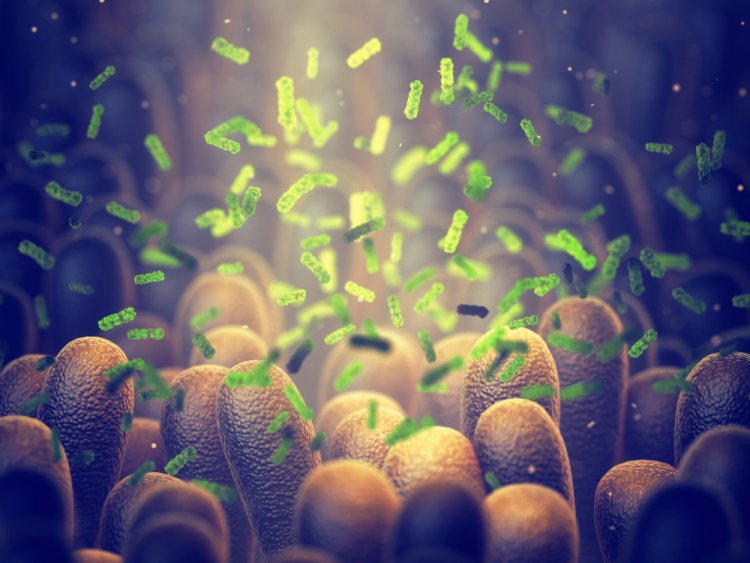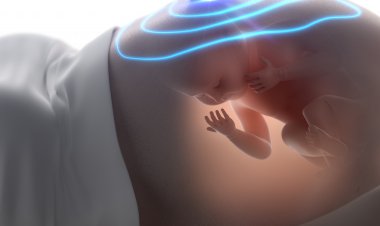Benefits Of Probiotics On Human Gut
Ms Tina V I, Senior Dietitian at DM WIMS and Aster Wayanad Hospital

During the last two decades, the relevance of probiotics has been outpouring as a sequence of continuously unfolding scientific testimony pointing to their salubrious influences on social well-being. As a result, food enterprises value the implications of probiotics in numerous products and are very active in studying and selling them. Within this business, probiotics are consolidated in various products, principally in fermented dairy foods. Further research is de rigueur in order to fix and evaluate the safety and nutritional aspects of probiotics, even though there is a shred of strong scientific evidence connecting these microorganisms to various health benefits.
The association of probiotics with one’s health status has a long memoir. During a normal delivery process, a newborn picks up Bacteroides, Bifidobacterium, Lactobacillus, and Escherichia coli from his mother. It won't happen if a Caesarean section is performed and is the main reason for such infants prevailing with allergies, weak immune systems, and lower levels of gut microflora. It was by Tissier who observed that bifidobacteria (rods with the bifid shape) was spot in healthy breastfed newborn's guts, while formula-fed infants have ached from diarrheal infections, which establishes the concept that the probiotics played a role in maintaining digestive health. Since then, a series of studies have been operating to ascertain the connection, but they faced many practical hurdles such as strain and slow germination of probiotics in substrates except human milk.
The term probiotics derived from a Greek word meaning “for life”. Initially, this tern was used to generate certain microorganisms from respective substrates. Later the phrase describes the tissue extracts that arouse microbial growth and animal feed supplements that contribute to their intestinal flora balance. During that time, the most widely used definition for the probiotic concept was by “Fuller”. According to him, “probiotics are live microbial feeds that facilitate the harmony of both healthy and unhealthy microbes”. Nowadays, the
FAO (Food and Agriculture Organisation) redefined probiotics as live microbial supplements
that enable the host to yield a healthy digestive system when administered in adequate
amounts.
There is a continuing list of food items that contain probiotic strains. Examples of dairy-
based food products are fermented milk, cheese, ice cream, buttermilk, milk powder, and
yogurts and non-dairy food products include soy-based products, nutrition bars, cereals, and a
variety of juices.
The majority of the beneficial microbes exist in the gut, and the rest are present in the mouth,
vagina, urinary tract, skin, and lungs.
Types of probiotic bacteria:
1. Lactobacillus: Most common probiotic that is present in yogurt and other fermented
foods.
2. Bifidobacterium: Present in some dairy products and helps to ease the symptoms of
irritable bowel syndrome (IBS) and some other conditions.
3. Saccharomyces boulardii: It is a form of yeast used as probiotics that aid in fighting
diarrhoea and other digestive problems.
Mechanism of the work of probiotics:
Probiotics are live bacteria and yeasts that are beneficial for human health, especially for the
digestive system. Our body is full of bacteria, both good and bad. Generally, the public
assumes that these probiotics are germs that cause diseases. But, these are "good" bacteria that retain our gut healthy. During an infection, a preponderance of our body consists of
unhealthy bacteria, knocking your system out of balance. During such situations, probiotic
supplements help to add good bacteria to your body. These microbes conclusively assist in
promoting the overall health of an individual by:
- Boosting the metabolism of food
- Enhancing the immune function and control inflammatory responses
- Hindering the unhealthy bacteria from getting out of control, thereby inhibit infections
- Production of certain vitamins like vitamin B2, B7, B12 and K.
- Breakdown and absorb medications
It is not required to take probiotic supplements to make it happen. Good bacteria present in
our body always help us to protect our health. Eating a well-balanced diet rich in fibres daily
keeps the number of good bacteria at proper levels.
Uses of probiotic bacteria:
1. Helps to balance friendly bacteria in the human gut
Probiotics which are good bacteria, help to restore the natural balance of gut bacteria. Disease
conditions, medications such as antibiotics, and a poor diet can tamper the healthy gut
microflora, which ultimately results in digestive issues, allergies, mental health problems,
obesity, and more.
2. Assists to prevent and treat diarrhoea
Diarrhoea is a typical side-effect of taking antibiotics which affects the harmony of gut
microflora. Probiotics can also help with other forms of diarrhoea not associated with
antibiotics.
3. Helps to improve mental health status
Various studies proved that probiotic supplements should improve certain psychic disorders.
E.g., a study reveals that taking probiotic supplements for eight weeks decreased depression
levels and reduced levels of C-reactive protein (a marker of inflammation) and hormones
such as insulin, compared to people who did not take probiotics.
4. Helps to keep our cholesterol in check
Probiotics help to lower LDL (“bad”) cholesterol and blood pressure. Some bacteria which
produce lactic acid may reduce cholesterol by tearing down bile in the intestine. Which
finally prevents the reabsorption of bile in the gut, where it can enter the blood as cholesterol.
5. Reduces the incidence of several skin allergies
Probiotic strains help to reduce the severity of eczema in children and infants. However, the
link between probiotics and reduction in the severity of eczema is still undiscovered.
6. Helps to boost one's immunity
Probiotics help to enhance the production of natural antibodies in the body, which gradually
boost immune cells like the IgA-producing cells, T lymphocytes, and natural killer cells
7. Helps to lose body weight and belly fat
Some probiotics hinder the absorption of dietary fat in the intestine which later excreted
through feces rather than stored in the body. Secondly, it gave us satiety which helps to feel
fuller. But, remember, not all probiotic microflora helps in weight loss.
Scientific researches in the area of probiotics are still in its infancy stage. Further research is
needed to determine the type and dosage of probiotics. It is undoubtedly clear that the
importance of probiotics in the arena of nutrition and pharmacology will surge in the next
few decades.


 Admin
Admin 




























